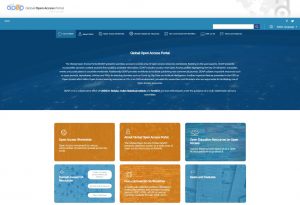cOAlition S starts building its Journal Comparison Service to help create visibility of publishing services and prices
cOAlition S is pleased to announce that work has commenced on building the Journal Comparison Service to help the research community better understand if the publishing fees they pay are commensurate with the services delivered and to gain better insight into the elements of those services. Beginning in Spring 2022, cOAlition S plans to release the Journal Comparison Service in a phased approach, starting with accepting data from publishers. The online service will be accessible to authorised users later in Summer 2022.

